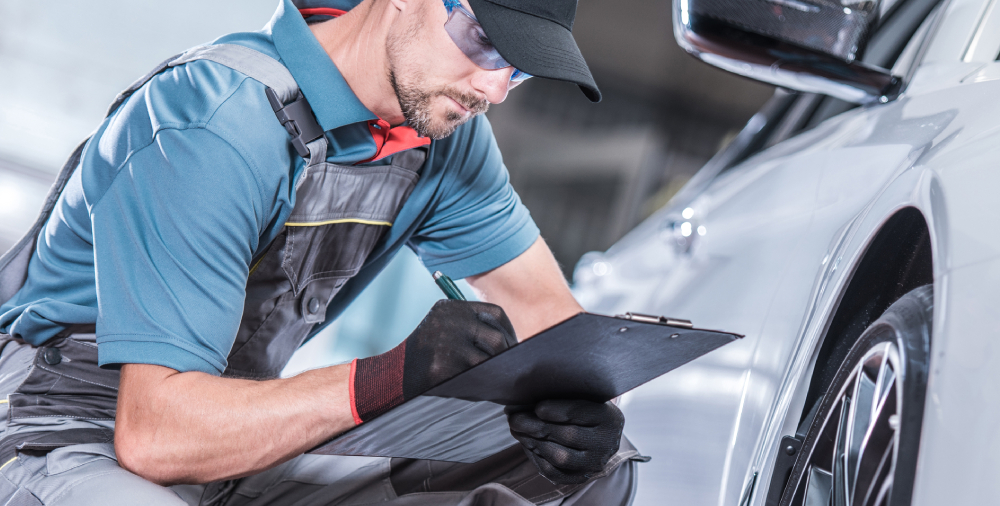What Is Dyno Tuning?
If you want your car to last a long time, there are several things you can do to take care of it. But after time, there’s no surprise your vehicle’s performance and efficiency start to deteriorate, especially if you don’t make any adjustments to overcome these problems. It requires experts to evaluate a car’s capabilities and enhance them as needed.
Dyno tuning a car is measuring vehicle features, such as horsepower, torque, air, and fuel mixture in the engine, to see where changes are needed to a vehicle and how the engine’s power is affected. Dyno tuning uses a dynamometer (or “dyno”) and constant feature tweaking (or tuning) to continually evaluate and upgrade a vehicle’s overall performance. Loper’s Performance Center, the largest speed shop in Arizona, will take you through everything you need to know about dyno tuning in this article.
How Does Dyno Tuning Work?
It can be beneficial to think of dyno tuning as the most thorough vehicle inspection. It also works to enhance its ride and efficiency at the end. The process begins with a technician conducting an interview with the vehicle owner to look out for any particular problems, including overheating, difficulty starting, exhaust struggles, etc. The technician will check for any mentioned or glaring problems.
The more thorough steps of the process occur after this. Technicians will:
- Determine the proper heat range based on how the vehicle is used.
- Test the distributor for mechanical soundness and make adjustments to match the vehicle’s optimum settings.
- Inspect ignition components and replace as necessary.
- Adjust circuits to provide the best drivability and efficiency, after testing different speeds and load conditions while the engine is running.
Once the dyno tuning process is complete, vehicle owners receive a detailed sheet that features the tune-up specifications. Our expert technicians walk you through the report and specifications, so you’re fully in the loop with what’s happening to your vehicle.
Why Do I Need Dyno Tuning?
Many people don’t hear about dyno tuning until it’s recommended to them. They often wonder, “Why do I even need dyno tuning?” Well, we’re here to safely say that it is more than worthwhile, and here is why.
Reason #1: Smoother Ride
Dyno tuning gets your vehicle to its optimized settings, which results in a smoother ride with fewer backfires. The modifications increase the drivability, making you happier that you chose to have it tuned.
Reason #2: Worth the Financial Investment
While dyno tuning can sometimes seem like an unnecessary one-time cost, it can actually help to pay for itself down the road. That’s right. Because it improves your vehicle’s performance, dyno tuning will save money at the pump per fill-up. It will also eliminate the need for significant, costly repairs down the line. A dyno-tuned engine doesn’t need to work as hard, resulting in that aforementioned better performance.
Reason #3: Increased Horsepower
Arguably the one thing gearheads want out of their car is more power. With dyno tuning, increased horsepower is one of the biggest perks. In the midst of your vehicle’s inspection, the automotive team determines all of the correct settings for your vehicle that will improve it. One of these is increasing the horsepower, giving you a powerful and fun ride.
What’s Needed?
When you smartly decide to dyno tune your car, keep in mind that Loper’s Performance Center will need some items from you before we start. Since each engine and car is different, you’ll fill out a form to provide the detailed information below:
- The year and make of your car
- The type of fuel your car uses
- The size of your car’s engine
- The engine’s compression ratio
- The existence of any engine problems
Get a Free Quote
If you want to learn more or request a free quote from Loper’s Performance Center, contact us online or by phone at (602) 264-5288. Find out why we’ve been a shop you can trust since 1967.
About Loper’s Performance
Loper’s Performance Center is both a service center and speed shop with performance parts. Feel free to browse our blog for more automotive advice and insight.

